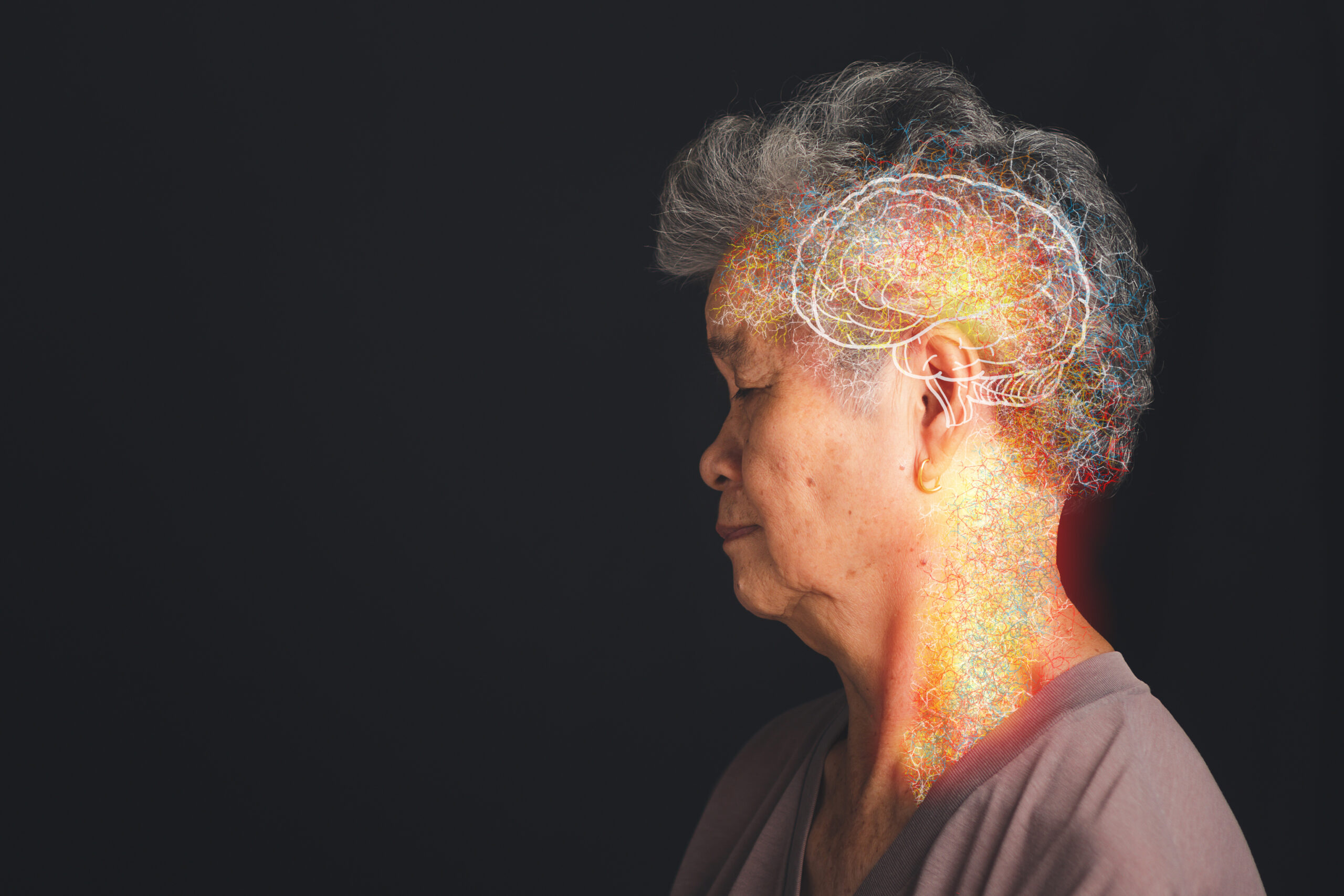Early signs of dementia every caregiver should recognize
Dementia is a condition that affects the brain, causing problems with memory, thinking, and daily functioning. Recognizing the early signs of dementia can be crucial for caregivers to provide timely support and seek medical advice. Here are some key early signs every caregiver should watch for:
**Memory Problems That Affect Daily Life**
One of the most common early signs is trouble remembering recent events or information. A person might repeatedly ask the same questions or forget appointments and conversations while still recalling distant memories clearly.
**Difficulty Planning or Solving Problems**
People in the early stages may struggle with tasks that require planning or decision-making, such as managing bills, following a recipe, or organizing activities.
**Confusion About Time and Place**
They might lose track of dates, seasons, or where they are. Getting lost in familiar places can also happen because they have trouble recognizing landmarks or judging distances.
**Misplacing Things Frequently**
It’s normal to misplace items occasionally but consistently putting things in unusual places—like keys in the fridge—or being unable to retrace steps to find them could be an early warning sign.
**Trouble With Language and Communication**
Finding the right words during conversations may become difficult. They might pause often while speaking or have trouble following what others say.
**Changes in Mood and Personality**
Early dementia can cause mood swings like increased anxiety, confusion, depression, irritability, or withdrawal from social activities they once enjoyed.
These changes don’t happen all at once but tend to develop gradually over time. Noticing these signs doesn’t mean someone definitely has dementia—it’s important for caregivers to encourage a medical evaluation when these symptoms start interfering with everyday life. Early diagnosis opens up opportunities for treatment options that can help manage symptoms better and improve quality of life.
Being patient and supportive is key because people experiencing these changes often feel frustrated by their difficulties but still want connection and understanding from those around them.





